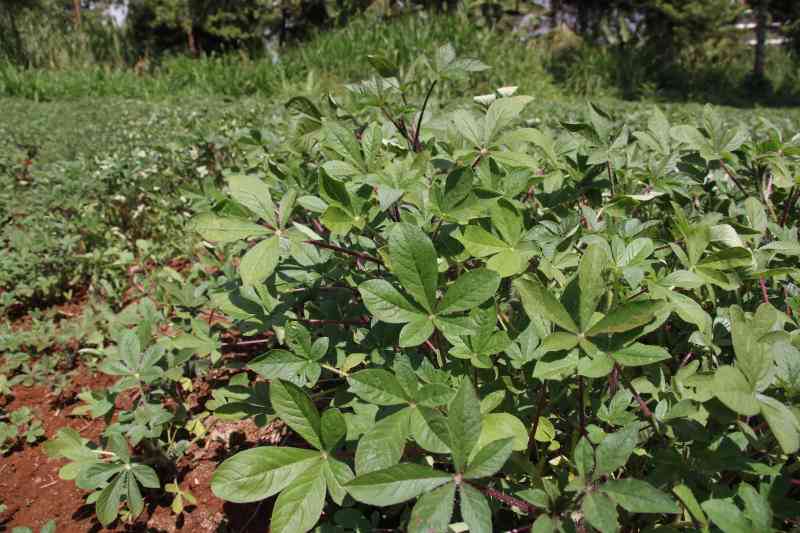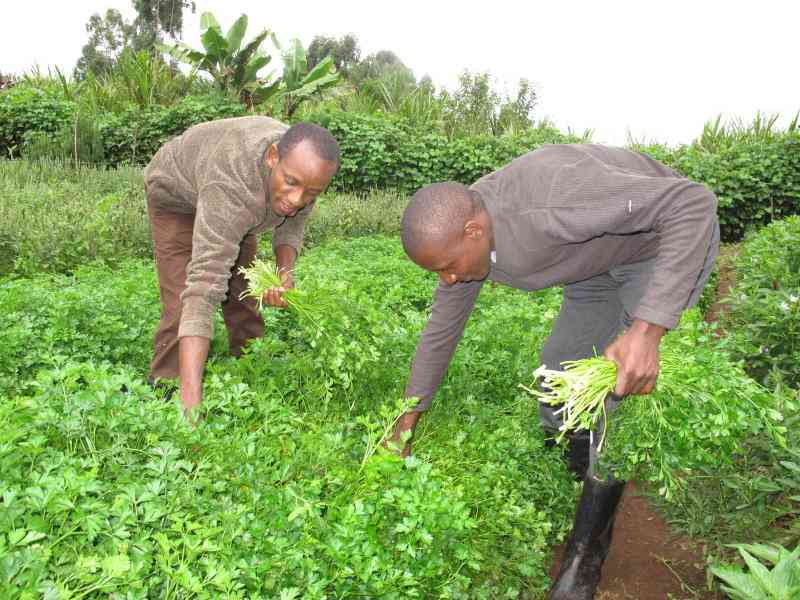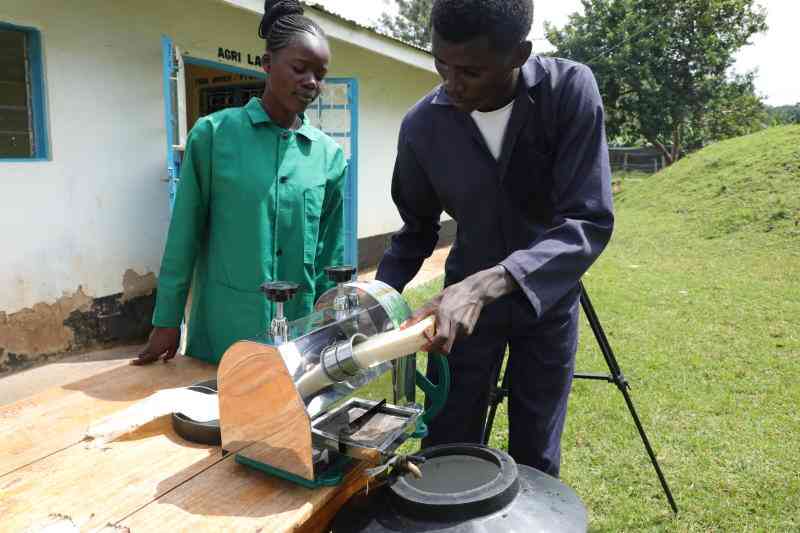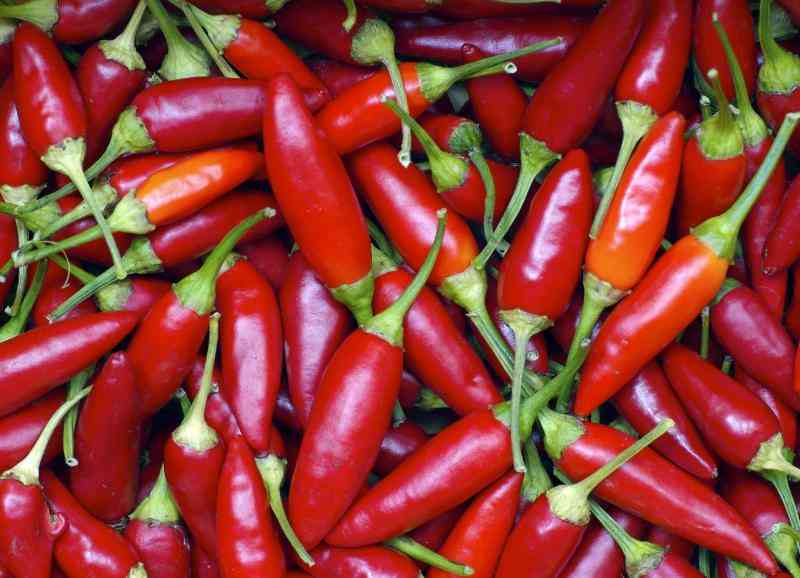Yes, fish do get sick and here is how to spot it
Dear Daktari
My son is in Class Two and is your fan and hopes to be a veterinary doctor in future, but that is a story for another day. Today, my question is this: I stay in Kitengela and I have toyed with the idea of starting up fish farming on my one-acre farm. I have lots of water from a local project and I also harvest rainwater. Other than sufficient water, what else do I need for successful fish farming and do fish suffer from diseases? Samuel Amuguni.
Thanks Amuguni and please encourage the young man to study hard and become a veterinary doctor. A veterinary surgeon is trained to treat all animals expect man; but vets also study elements of human medicine because of zoonotic diseases which are shared between man and animals. And yes, fish are among the animals and thus squarely under the domain of veterinary medicine. Others that the public may not be aware of is the honeybee which too has a number of diseases and pests which vets treat.
Yes fish get sick
Many people assume that fish do not suffer diseases because they are always in water. Fish are affected by a number of diseases and pests. While you may not need to know them by name as a farmer, it may be helpful to spot them using fish behaviour because when fish are sick, they will display a certain abnormal behaviour. There are other parameters you need to have at the back of your mind like the water temperature variations, water quality and chemical components that affect fish health.
You mentioned that you have piped water from a local project. This is likely chlorinated water. This is a no no for fish farming as chlorine poisoning is a common condition in fish. During water treatment ammonia is added to stabilise chlorine and a mix of these two is harmful to fish. Natural clay has ability to neutralise such chemicals and in peri-urban fish farming you may be looking at saving water and will likely go for the polythene sheet which takes away this natural remedy. Be alive to these facts.
Danger of Crowded pond
Fishes are poikilotherm aquatic animals (meaning their temperature fluctuate in relation to their environment) and need continuous acclimatisation to such environmental changes. Abrupt change in temperatures is not good for the health of fish. Contamination of the pond water from agriculture chemicals or by products of feeds thrown into the pond the population of fish affect the health of these aquatic animals. Because they interfere with the Dissolved Oxygen (DO) level of the water which is a critical parameter of water quality in fish farming.
Low concentration of oxygen in water (low dissolved oxygen) is the greatest risk in aquaculture and it is the predisposing factor to other fish diseases. Uneven distribution of fish with most of them at the surface or near the inlet is a pointer to low DO.
Most diseases treatable
There are a number of bacterial, fungal and viral diseases that affect fish. They include bacterial gill disease, epitheliocytis, furunculosis, yersiniosis, gill rot enteric septicemia of cat fish just to mention but a few. Luckily these diseases are treatable using various antimicrobials in the market. However the process of determining the disease and subsequent treatment is complicated and should only be carried out by a veterinarian.
Treatment involves dissolution of the drug into the water from where it is taken in by the fish. The calculation of the dosage requires knowledge of the ph, salinity and favourable temperatures and therefore the time of application.
[The writer is the vet of the year in 2016 and works with the Kenya Tsetse and Trypanosomiasis Eradication Council [email protected]]
Want to get latest farming tips and videos?
Join Us
Share this article on social
 The Standard Group Plc is a multi-media organization
with investments in media platforms spanning newspaper print operations,
television, radio broadcasting, digital and online services. The Standard Group
is recognized as a leading multi-media house in Kenya with a key influence in
matters of national and international interest.
The Standard Group Plc is a multi-media organization
with investments in media platforms spanning newspaper print operations,
television, radio broadcasting, digital and online services. The Standard Group
is recognized as a leading multi-media house in Kenya with a key influence in
matters of national and international interest.
 The Standard Group Plc is a multi-media organization
with investments in media platforms spanning newspaper print operations,
television, radio broadcasting, digital and online services. The Standard Group
is recognized as a leading multi-media house in Kenya with a key influence in
matters of national and international interest.
The Standard Group Plc is a multi-media organization
with investments in media platforms spanning newspaper print operations,
television, radio broadcasting, digital and online services. The Standard Group
is recognized as a leading multi-media house in Kenya with a key influence in
matters of national and international interest.






